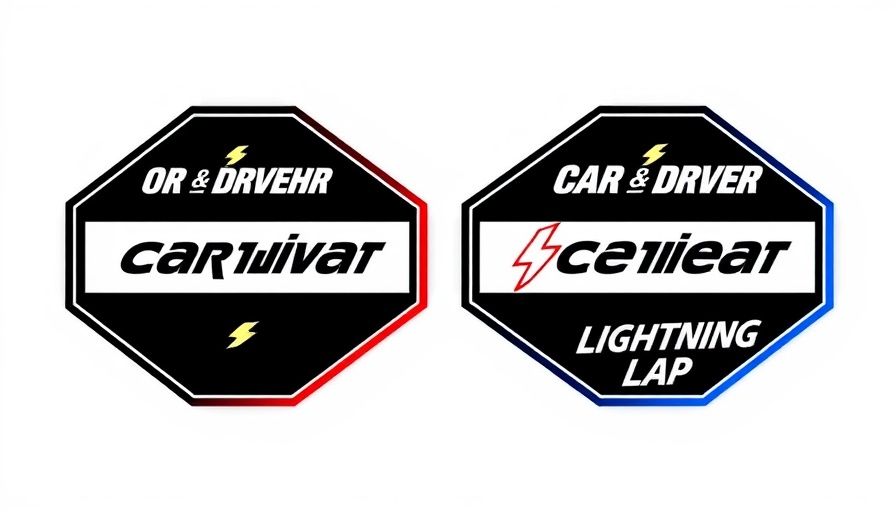
Understanding the Challenges of Alternatives to EV Batteries
Electric vehicles (EVs) are at the forefront of modern automotive innovation, but there are crucial engineering challenges that hinder a shift from bulky lithium-ion batteries to alternatives like capacitors. While these alternatives promise rapid charging and minimal space usage, the reality is much more complex. Capacitors may offer some intriguing benefits, but their inherent limitations make them less viable for mainstream EV applications.
Capacitors 101: The Science Behind Energy Storage
Capacitors work differently than batteries. They store energy through static electric charges between two conductive surfaces, separated by an insulator. This results in rapid discharge capabilities—like instant acceleration in an EV—making capacitors well-suited for systems that require quick bursts of energy. However, they fall short when it comes to long-term energy storage.
The Weight Dilemma: Can Capacitors Compete with Batteries?
One of the major drawbacks of capacitors is their energy density. A typical lithium-ion battery can store 100 kWh of energy while weighing around 1,200 pounds. Conversely, a capacitor capable of holding the same amount of energy could weigh nearly ten times as much, presenting a significant hurdle for automotive manufacturers who prioritize efficiency and performance.
Powering the Future: The High-Voltage Challenge
To manage high energy density with capacitors, manufacturers must grapple with the complications of increasing operating voltage. While theoretically possible, high-voltage systems complicate manufacturing and pose safety concerns. No driver wants thousands of volts coursing through their vehicle, where the risk of a malfunction could have dire consequences.
Real-World Applications: Where Capacitors Shine
Automakers like Mazda and Lamborghini have integrated capacitors into specific energy recovery systems, such as the i-ELOOP and the Sián models. These applications primarily assist in managing energy usage rather than replacing traditional batteries outright, indicating that capacitors might complement rather than compete with current battery technology.
Energy Efficiency: Could Capacitors Be Better for Charging Stations?
While capacitors have their drawbacks when used as the primary energy source in EVs, they could revolutionize how charging stations operate. By charging a large capacitor slowly and discharging it quickly into an EV, charging stations could facilitate much quicker charging times while reducing demand on the grid. This hybrid approach could provide benefits in energy efficiency, convenience, and reducing electricity costs for users.
Final Thoughts on the Capacitor Question
While capacitors demonstrate compelling advantages for certain applications, their limitations make them unsuitable as a full replacement for lithium-ion batteries in electric vehicles at this time. However, their role in enhancing energy management strategies cannot be overlooked as the automotive industry continues to innovate. Dealership owners and automotive leaders should remain informed on these developments as they could influence future vehicle design and consumer expectations.
 Add Row
Add Row  Add
Add 




Write A Comment